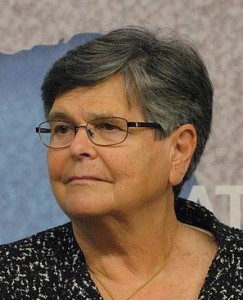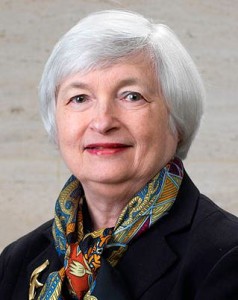President of Switzerland
Ruth Dreifuss (b. 1940) was born in Switzerland to a Jewish family that had been living in the country for many generations. She studied commerce and social work, and later earned a Master’s in economics from the University of Geneva. Dreifuss worked as a hotel secretary, journalist, and social worker before joining Switzerland’s Socialist Party. Throughout the 1970s, she worked for the Swiss Ministry of Foreign Affairs. In the 80s, she was the general-secretary of the Swiss Trade Union (the first woman to hold that position), and by 1993, was elected as an executive member of the Swiss Federal Council, the country’s official head of government. The council is made up of seven officials who collectively run the federal government, with each taking a turn as president for one year. Dreifuss’ turn as president came in 1999, making her the first female (and Jewish) president of Switzerland. This was a tremendous achievement, especially because Switzerland was the last country in Europe to grant equal rights to both women and Jews. During her tenure, she brought forth many improvements to Switzerland, including revisions of the country’s health insurance and social security systems. She helped make Switzerland a full member of the United Nations, implemented paid maternity leave, enhanced the country’s policies on pensions and drugs, introduced programs for prevention of HIV and drug addiction, and helped Holocaust victims retrieve their money from old Swiss bank accounts. After serving two and a half terms, the popular Dreifuss resigned from the federal council in 2002. Since then, she has chaired the World Health Organization’s Commission on Intellectual Property Rights, Innovation, and Public Health, and is also an important member of the Council of Women World Leaders, an organization composed of former female politicians and heads of state working to improve women’s rights globally. Dreifuss continues to play an important role within the European Union, and has been awarded honourary degrees from both Haifa University and Jerusalem’s Hebrew University for her tireless work in social justice, gender equality, and combating anti-Semitism.
Words of the Week
If my theory of relativity is proven successful, Germany will claim me as a German and France will declare me a citizen of the world. Should my theory prove untrue, France will say that I am a German, and Germany will declare that I am a Jew.
– Albert Einstein



